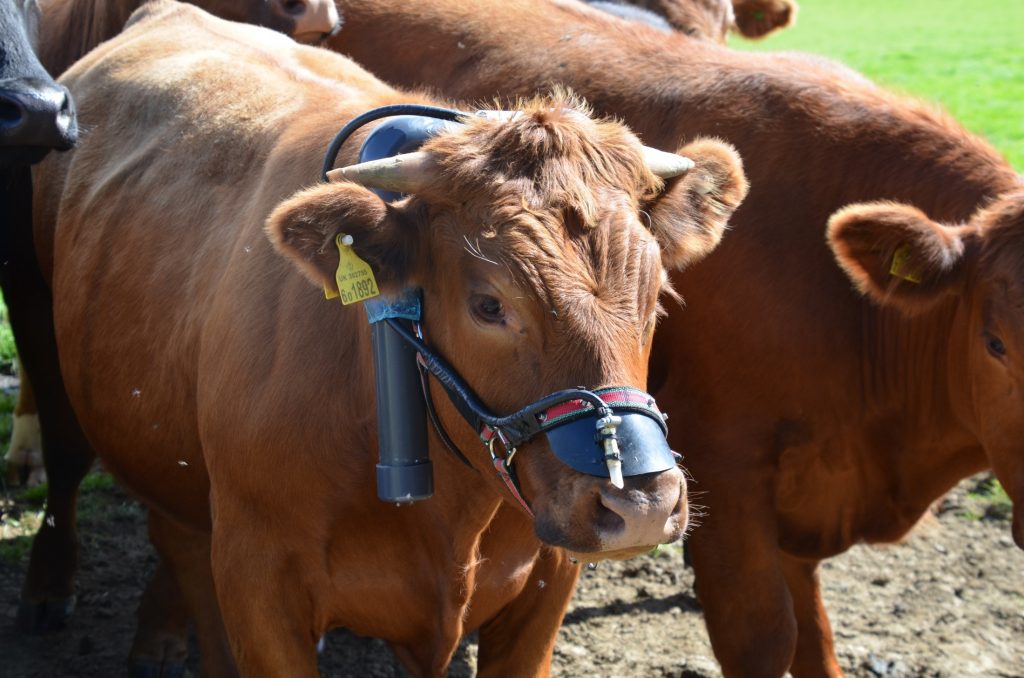
Methane accounts for over half (53%) of the emissions from UK agriculture and is therefore a key focus for efforts to decarbonise the sector. The majority of these methane emissions are the result of enteric fermentation of ruminant livestock, with additional sources from livestock manures. Methane is a by-product of digestion in ruminants and its production is strongly correlated to the efficiency of animals. Key focus areas to reduce methane from the livestock sector have therefore focussed on identifying and managing emissions hotspots and improving livestock efficiency. Workshop 2 of the Ruby Country Net-Zero Beef Farming Forum focused on how animal management, feed and grazing can help improve livestock efficiencies and mitigate on-farm methane emissions.
We heard about research to look at the impact of diet and genetics on methane production in ruminants; novel metrics for determining livestock efficiency from readily available on-farm data; and from the Stabiliser company who have undertaken carbon foot printing to identify key steps to improve efficiencies within this breed. There were also presentations on how to maximise the value of grazing and silage to make the most of home grown forage.
- Agenda
- Presentation 1: Impact of livestock genetics and feed on methane emissions in beef (Paulo de Meo Filho, Rothamsted Research)
- Presentation 2: Rethinking efficiency in livestock systems (Andrew Cooke, Rothamsted Research)
- Presentation 3: Stabiliser genetics and management practices (Seth Wareing, Stabiliser Cattle Company)
- Presentation 4: Maximising the value of your grazing for production and environment (Sarah Morgan, Rothamsted Research)
- Presentation 5: Maximising the value of your silage (Kate Le Cocq, Rothamsted Research)

